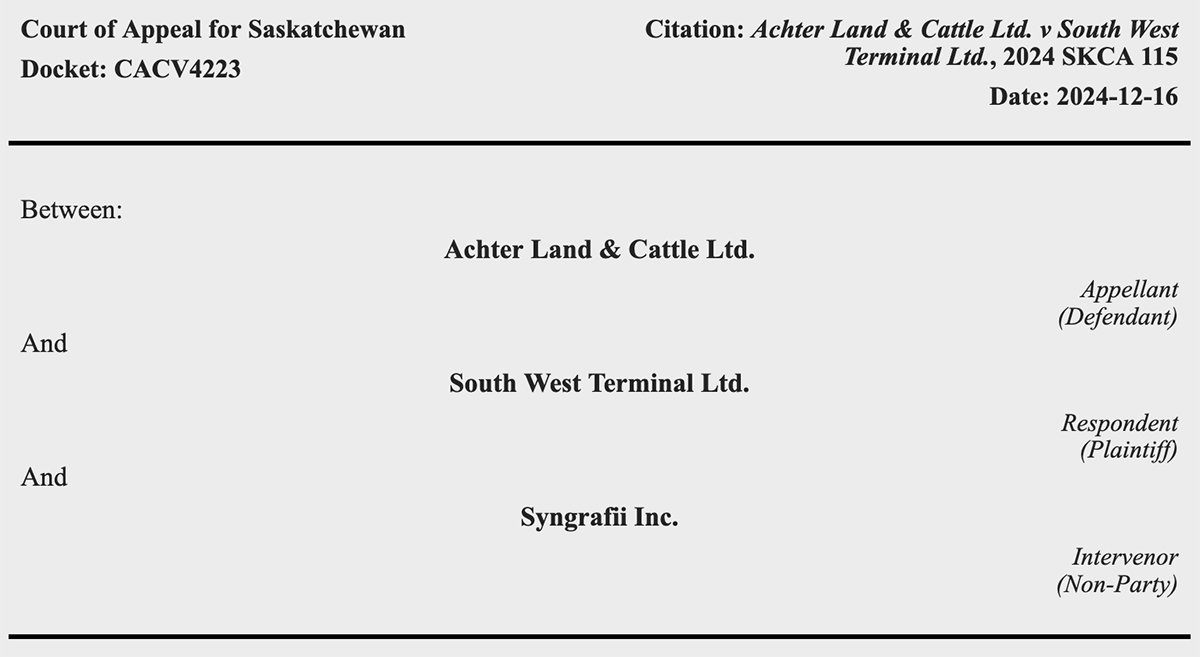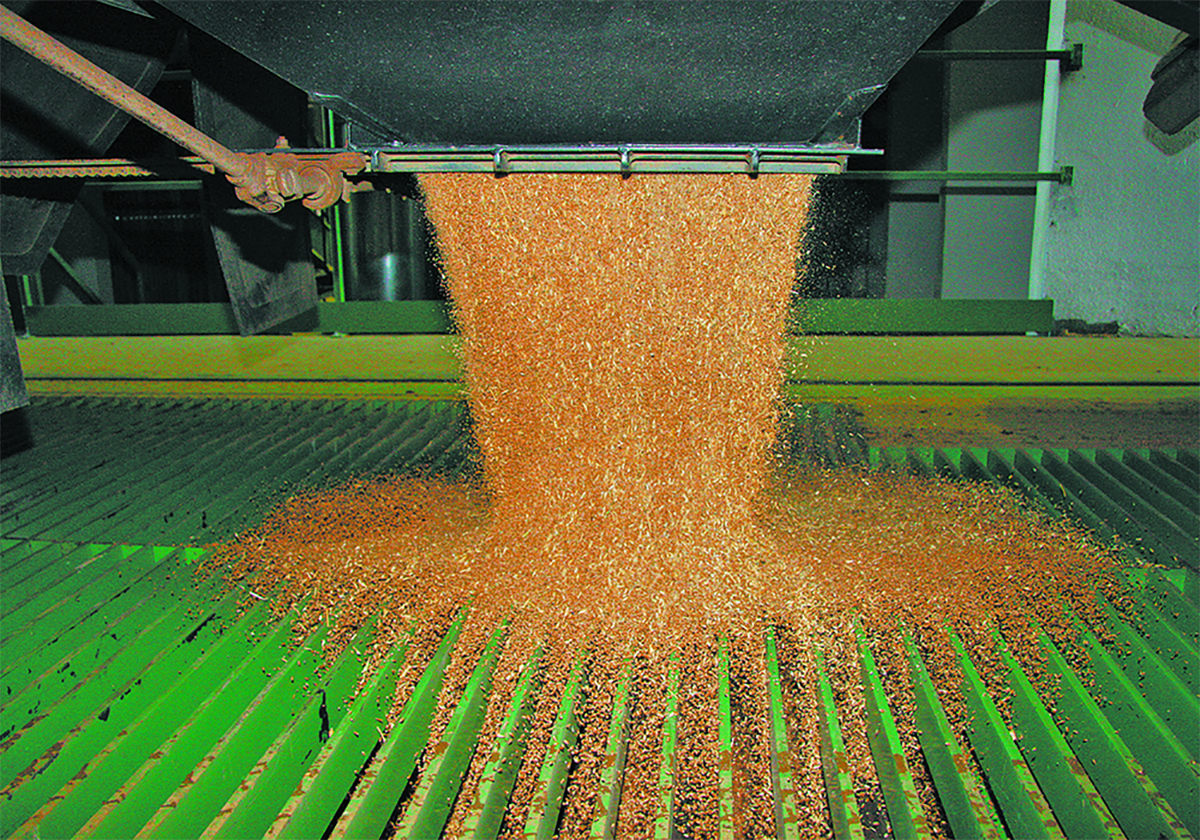Court rules farmer accepted grain contract with emoji
REGINA — The Saskatchewan Court of Appeal has upheld a decision that an emoji signifies acceptance of a grain contract.
Two of three justices agreed with the 2023 decision of Swift Current King’s Bench court that Achter Land & Cattle Ltd. had accepted a contract with South West Terminal Ltd. when Chris Achter texted a thumbs-up to the grain buyer.
The lower court found that Achter agreed in spring 2021 to deliver 87 tonnes of flax that fall. However, the crop failed and he did not deliver any flax to the terminal.
Read Also

Using artificial intelligence in agriculture starts with the right data
Good data is critical as the agriculture sector increasingly adopts new AI technology to drive efficiency, sustainability and trust across all levels of the value chain.
SWT sued, saying Achter had replied with the emoji when the terminal first sent a text message saying it would pay $17 per bushel for flax with a maximum of six per cent dockage for delivery between September and November.
Achter argued the emoji indicated he had read the message but didn’t accept it as a contract.
However, the court ruled it was a signature and ordered Achter to pay more than $82,000.
He appealed the decision, which the court considered in March.
The written decision was released mid-December and found the original judge had not erred in his findings.

Canadian-based global e-signature company Syngrafii was an intervenor in the appeal.
The firm said the ruling reminds people that intent triumphs over form.
Chief executive officer Matthew Gibson said there have been several cases involving e-signatures, including the emoji case and stolen and fraudulent signatures.
He said this means the framework for electronic commerce must be continuously updated.
“Just as internet access evolved from dial-up to wireless, e-signature technology must constantly evolve to commit to protecting the value of human consent in a digital world,” he said.
Contact karen.briere@producer.com
















